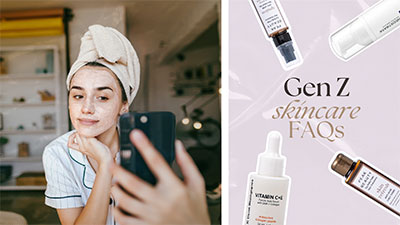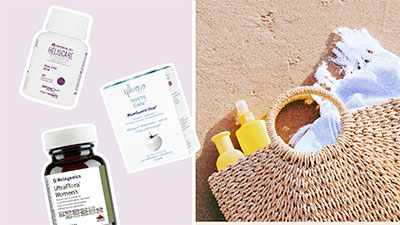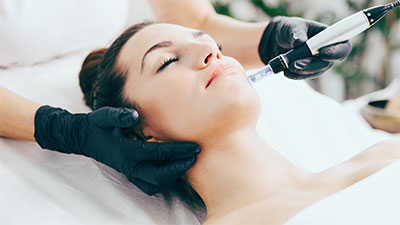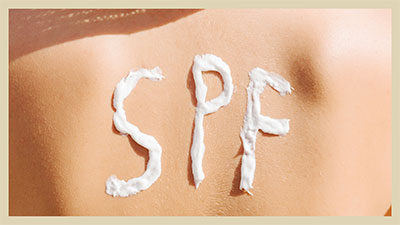Unlocking the Skin-Hormone Connection for Better Skin
Here’s how hormones like cortisol, serotonin, and estrogen affect your complexion.

Ever wonder why your skin feels oily, super sensitive, or just different depending on what’s happening in your body? There may be other causes, but usually, it’s hormones! Hormones play a central role in regulating many aspects of the body, including skin health. From cortisol to serotonin to estrogen, these hormones influence oil production, skin sensitivity, and even the natural glow of your complexion. (Did you know you can also ask your derma about your hormonal issues?)
That said, knowing a little more about how they work—and sometimes, why they throw things off—can help you fine-tune your skincare routine to keep your complexion looking balanced, healthy, and glowing. Dr. Maximin Navarro, resident dermatologist at Bella Pelle Skin Solutions and a fellow of the Philippine Dermatological Society (PDS), says, “For patients with hormonal issues, it is recommended to do the Hormone and Urinary Metabolites Assessment Profile (HuMap) as this provides overview of steroid hormones, their metabolites, and efficiency.”
He adds that this non-invasive test requires four to five separate urine collections. “Because the breakdown of hormones relies so heavily on processes within the liver, this test can also help reveal patterns of liver metabolism and conjugation,” he says. Testing urinary hormone metabolites helps you learn more about how your body produces and uses hormones, how it breaks them down, and its stress levels. Understanding this can improve hormone balance, which is essential for healthy, glowing skin and overall well-being.
Here’s a closer look at how these hormones impact your skin and what you can do to manage their effects.
Cortisol: The “Stress Hormone”
Cortisol is often referred to as the “stress hormone” because it’s released during times of physical or emotional stress. While it serves an important function in helping the body respond to stress, high cortisol levels can have negative effects on the skin.
When cortisol levels are elevated, it triggers the skin’s sebaceous (oil) glands to produce more oil. This can lead to clogged pores, breakouts, and even worsen skin conditions like acne. Over time, elevated cortisol can also break down collagen, which can contribute to premature aging and skin sagging.
How to manage it: Managing cortisol levels involves stress-reducing practices like exercise, mindfulness, and sufficient sleep. Additionally, skincare products that focus on calming and balancing the skin can help counteract cortisol’s effects. Look for products with antioxidants, like Vitamin C serums or calming moisturizers, which can help mitigate the effects of stress and support collagen production.
Skin helpers: Antioxidant-rich formulas, like ZO 10% Vitamin C Self-Activating, and Derm Biologiques Vitamin C + E + Ferulic Acid Serum can help protect your skin from the aging effects of stress and support a healthier complexion.
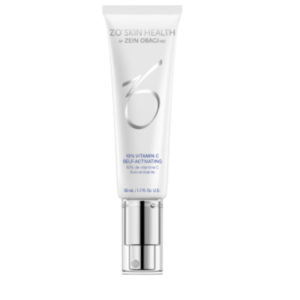 ZO 10% Vitamin C Self-Activating |
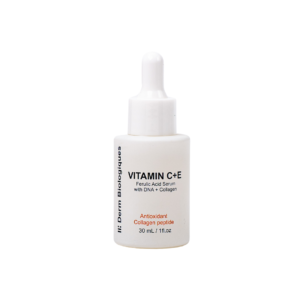 Derm Biologiques Vitamin C + E + Ferulic Acid Serum |
Serotonin: The “Feel-Good Hormone”
Serotonin is known for its role in boosting mood, but it also affects skin sensitivity. Low levels of serotonin, often associated with feelings of sadness or anxiety, can lead to an increase in skin sensitivity. When serotonin levels drop, the skin’s barrier function may weaken, leading to increased susceptibility to redness, irritation, and dryness.
How to boost it: To support serotonin production, focus on activities that naturally increase serotonin levels, such as exposure to sunlight, regular exercise, and eating foods rich in tryptophan, an amino acid that supports serotonin production. (Examples are chicken, dairy, and soy products.) Skincare-wise, using hydrating and barrier-repairing products can help manage the effects of low serotonin.
Skin helpers: Products formulated to restore the natural barrier, like Yllume Brightening Lotion and Cream, Vanicream Moisturizing Skin Cream, Vanicream Moisturizing Lotion, and Profhilo Haenkenium Cream are perfect for soothing and strengthening sensitive skin, especially during times of low serotonin.
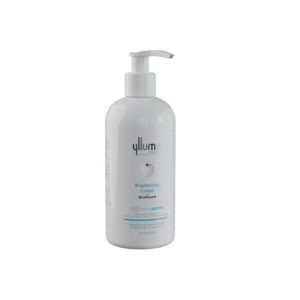 Yllume Brightening Lotion |
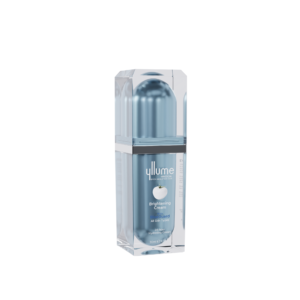 Yllume Brightening Cream |
Estrogen: The “Beauty Hormone”
Estrogen is often called the “beauty hormone” because of its positive effects on the skin. Estrogen helps maintain skin elasticity, moisture, and a youthful glow by promoting collagen production and supporting the skin’s moisture barrier. When estrogen levels drop, as they naturally do during menopause, the skin can become drier, thinner, and less elastic, making it more susceptible to wrinkles and sagging.
For younger women, fluctuations in estrogen levels due to the menstrual cycle can also affect skin. High estrogen levels typically correlate with clear, glowing skin, while a drop in estrogen before menstruation can lead to dullness and breakouts.
How to support estrogen’s benefits: Supporting estrogen levels through a balanced diet rich in phytoestrogens, like soy products and flaxseeds, may help. When it comes to skincare, using products that focus on hydration, collagen support, and elasticity can help counterbalance the effects of low estrogen.
Skin helper: Collagen-boosting serums and moisturizers, like Mesoestetic Age Element Firming Concentrate, Neostrata Potent Retinol Complex, and Neostrata Triple Firming Neck Cream can help maintain that youthful glow and resilience, supporting the skin’s structure even during hormonal changes. (Also read: How Collagen Supports Skin, Joints, and Overall Wellness)
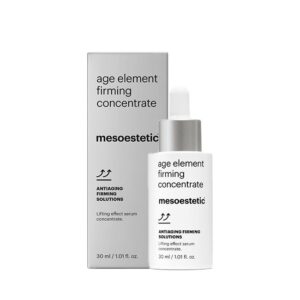 Mesoestetic Age Element Firming Concentrate |
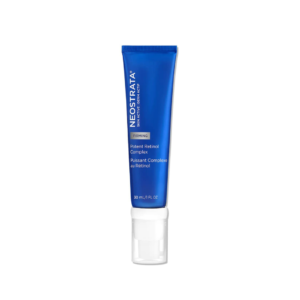 Neostrata Potent Retinol Complex |
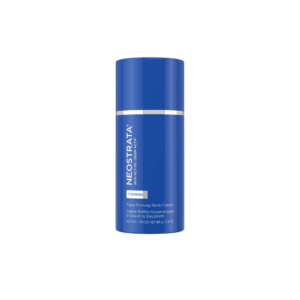 Neostrata Triple Firming Neck Cream |
Pro Tips: Balancing Hormonal Effects
Managing hormonal effects on the skin requires a combination of lifestyle adjustments and smart skincare choices. Here are some expert tips to consider:
- Be more mindful about your diet: A balanced diet rich in vitamins, minerals, and phytoestrogens (plant-based compounds that mimic estrogen) can help stabilize hormone levels. Foods like leafy greens, nuts, and fatty fish support skin health.
- Have a consistent skincare routine: Having a solid skincare routine with products designed for hydration, collagen support, and barrier protection can help your skin handle hormonal fluctuations better.
- Get enough sleep and hydration: Sufficient sleep and regular hydration support hormonal balance, as well as help your skin stay fresh and resilient.
Hormone-Savvy Skincare
Hormones play a huge role in skin health, and addressing the effects of cortisol, serotonin, and estrogen through both lifestyle choices and targeted skincare can make a significant difference.
For customized skincare and wellness recommendations, you can book a face-to-face or virtual consultation with Dr. Navarro here. You may also contact the Bella Pelle Skin Solutions Clinic at (+63) 999-887-1933. For a full list of facial services and other treatments, click here.
Bella Pelle Skin Solutions is located 2/F L Building, #142 Katipunan, Brgy. Saint Ignatius, Quezon City. The center is open Monday to Friday, from 9 a.m. to 6 p.m.
For more beauty and skincare tips, subscribe to our newsletter:
SHOP OTHER PRODUCTS:
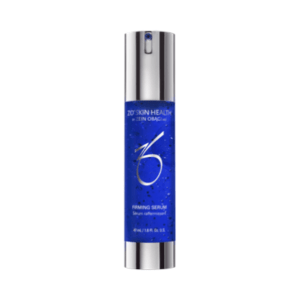 ZO Firming Serum, P13,150 |
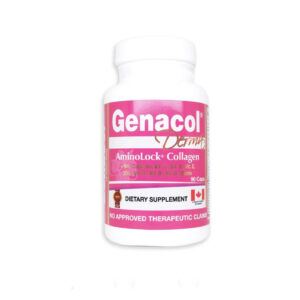 Genacol Derma AminoLock® Collagen, P2,200 |
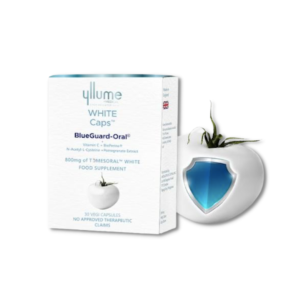 Yllume White Caps Blueguard-Oral, P4,600 |
 Bioderma Sensibio AR, P1,990 |


